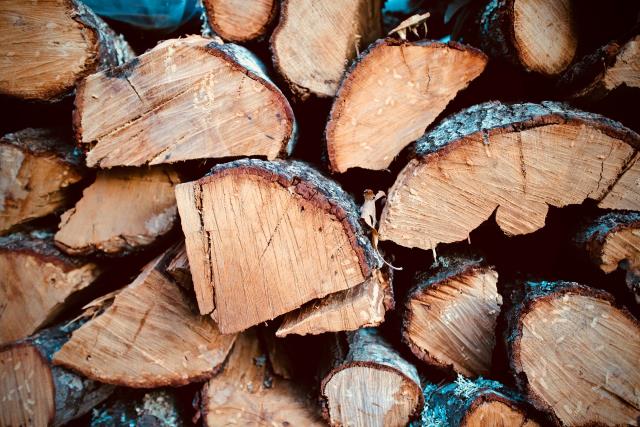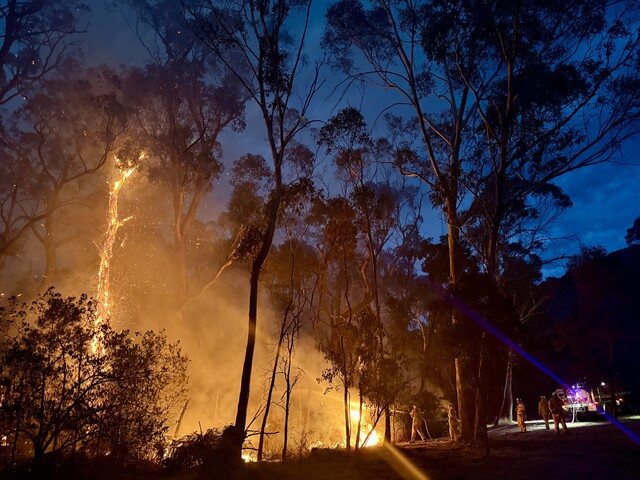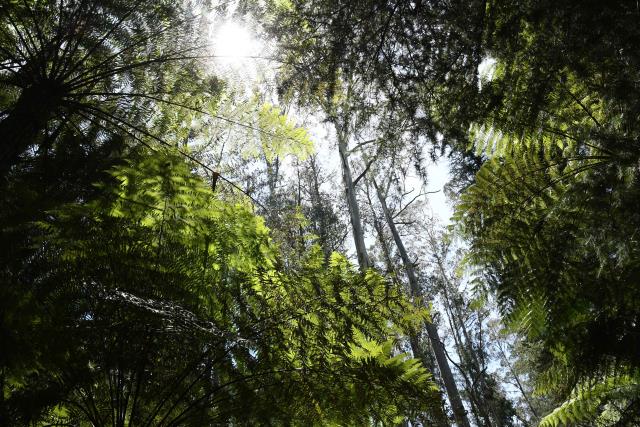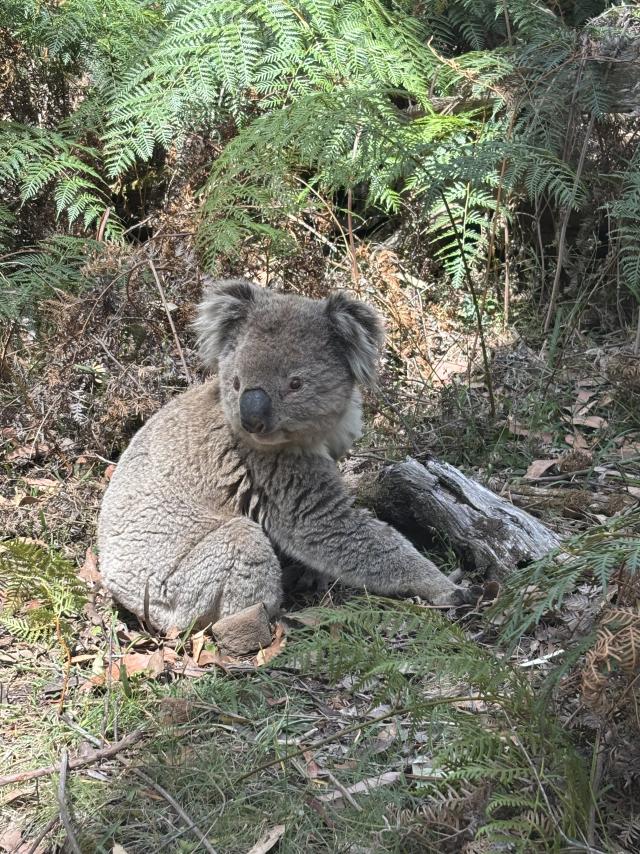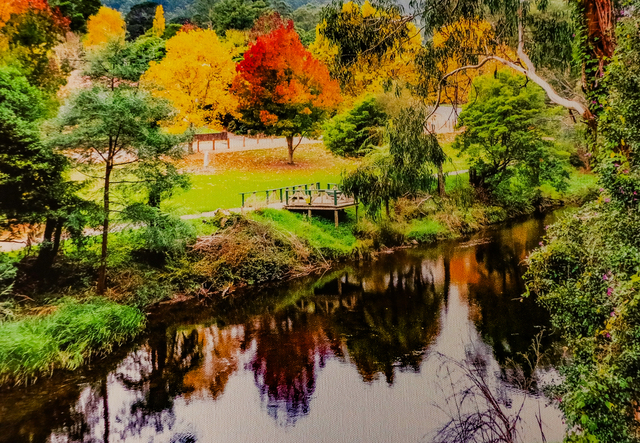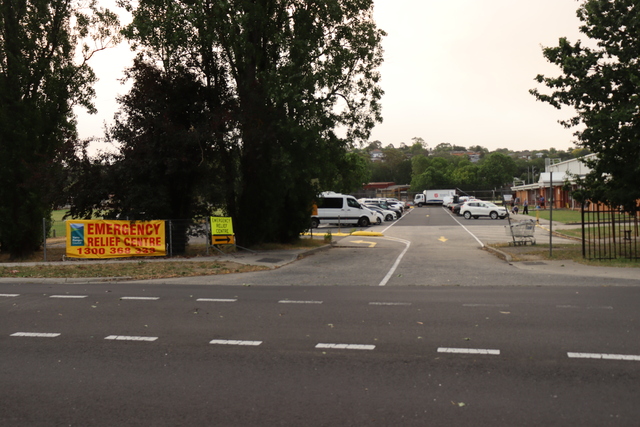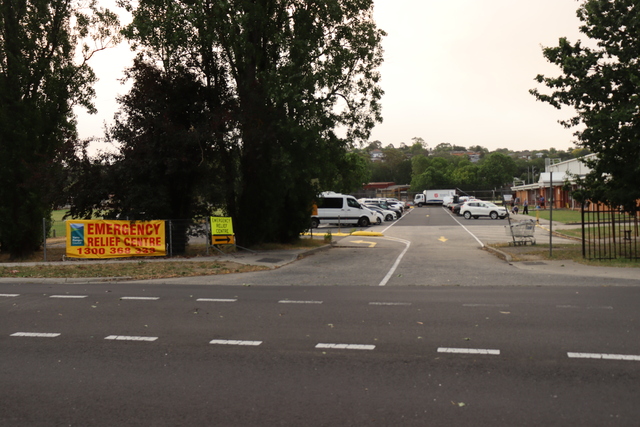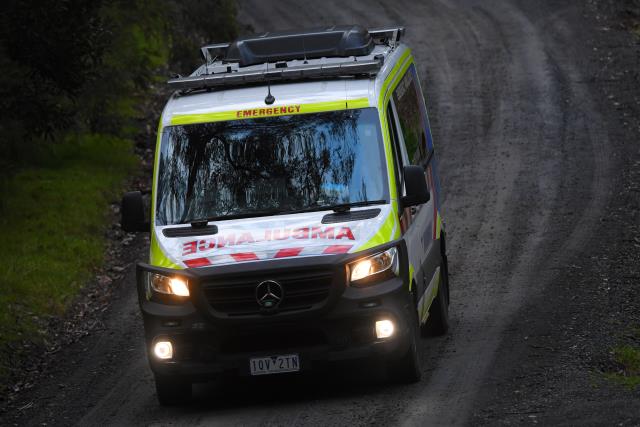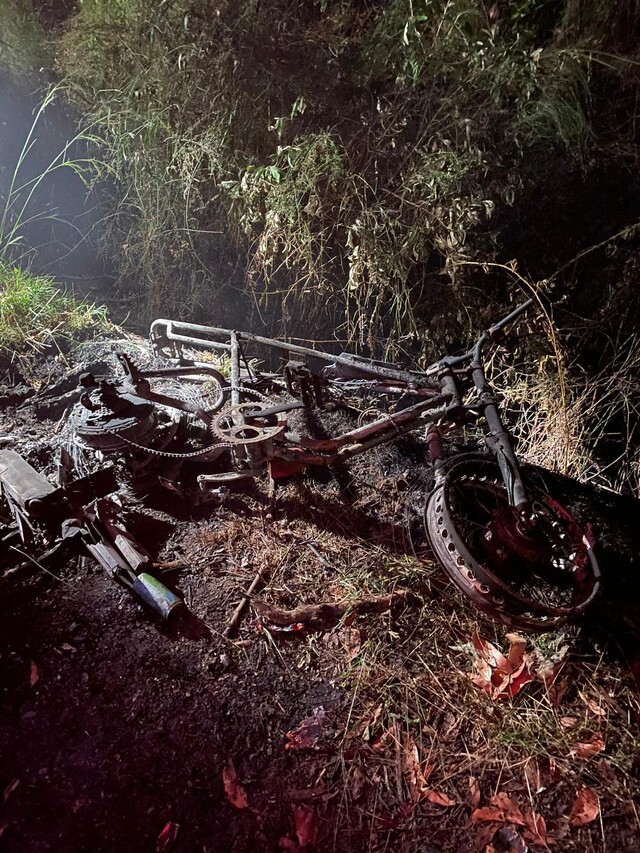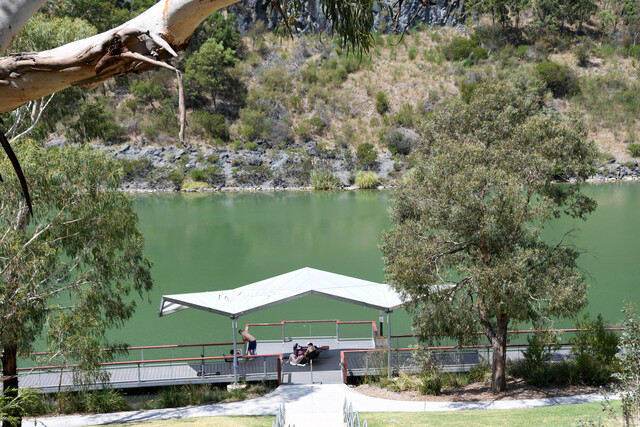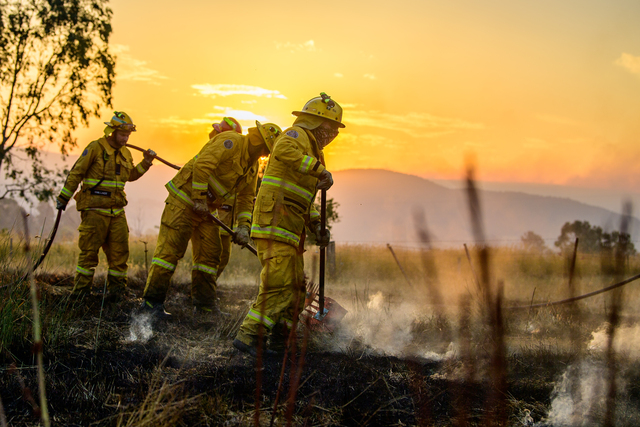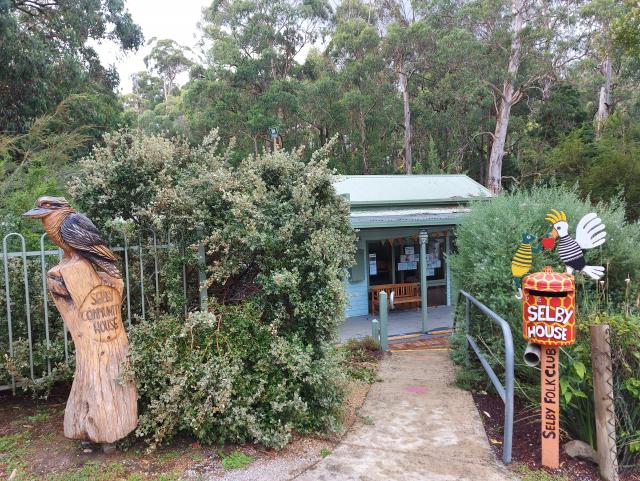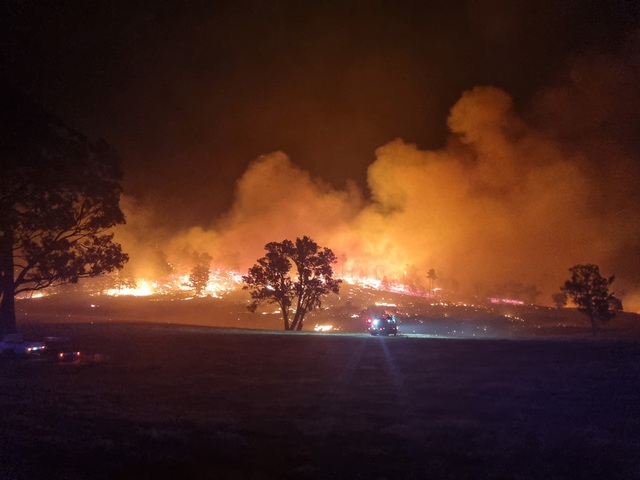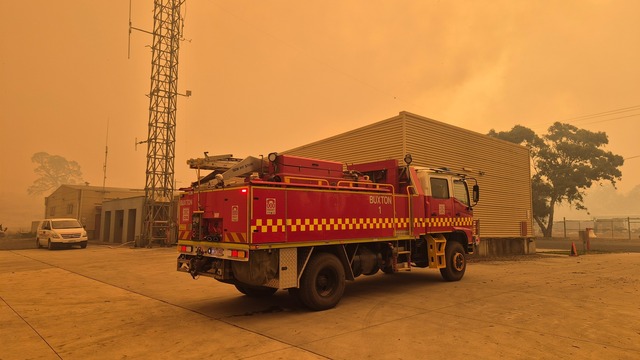The Conservation Regulator and Parks Victoria have launched an operation to crack down on the illegal harvesting of firewood in Victoria’s national parks and state forests.
Taskforce Ironbark is two-pronged, targeting firewood thieves while also aiming to empower firewood consumers to avoiding purchasing stolen wood supplied by illegal operators.
“We have seen a rapid rise in firewood-related damage on public land, and native trees are being stolen from Victoria’s forests and parks faster than they can be replaced, leaving our native birds, reptiles, and small mammals without crucial habitat,” Conservation Regulator’s Taskforce Ironbark Manager Brady Childs said.
“We formed Taskforce Ironbark to disrupt illegal commercial firewood operators and remind all Victorians they play an important role in preserving our forests and parks, protecting wildlife habitats, and reducing the harm associated with firewood theft.”
In 2023 alone, firewood thieves are estimated to have destroyed or damaged 9200 native trees and cleared roughly 462 hectares of forest.
Senior Manager of Enforcement at Parks Victoria Mark Breguet said illegal firewood theft is devastating local parks, forests, wildlife, and cultural heritage.
“With nearly 10,000 trees destroyed last year alone, the impact is far-reaching, threatening the survival of native species and damaging irreplaceable Aboriginal cultural sites,” he said.
“Taskforce Ironbark is targeting these illegal activities and raising awareness among Victorians about the importance of sourcing firewood responsibly and by making informed choices, we can all help protect our parks and the vital habitats they provide.”
Illegally sourced firewood is commonly sold via online marketplaces, roadside stalls or word-of-mouth and often at cheaper prices to take advantage of the demand throughout winter.
Firewood Association Australia (FAA) General Manager Dane McGreevy said offenders quite often are breaking fences or gates to access parts of the state forests or private properties to access it.
“This unsupervised collection means that there are no concerns for the local biodiversity and environment, and also is usually performed in an unsafe manner, endangering other forest users,” he said.
“The firewood is almost always unseasoned, dirty and poor quality which means customers are buying wood not fit for the purpose of heating their homes, and can cause smoke issues in areas, and not provide the heat that seasoned wood can,”
“Illegal operators that have the capability to harvest and sell commercial quantities are often not just a one-man operation, they are usually part of a larger crime syndicate that also partake in other criminal activities, consumers should be able to purchase fuel without worrying about their safety and having protection from consumer affairs as per any other purchase.”
Environmental damage from the illegal taking of firewood has been recorded in areas of the Yarra Ranges National Park, Yarra State Forest and Toolangi State Forest. River red gum trees are targeted across the state, while mountain ash and stringybark trees are the most commonly damaged in the Yarra and Dandenong Ranges.
Mr McGreevy said if given a choice and with the appropriate knowledge of where the firewood has come from, customers would choose to purchase sustainable, and legitimate firewood from reputable merchants.
“The best way to identify illegal operators is by asking the questions of where they have sourced/purchased the firewood from, ask for a receipt and also if it is properly seasoned for at least 12 months,” he said.
“Often the suppliers will also rip off customers by short-selling the amount, so also ask how they have worked out the volume (cubic metres) or weight (tonnage) as there are specific ways to measure firewood found on the NMI website.”
The NMI website’s guidelines for selling firewood can be found here: industry.gov.au/national-measurement-institute/trade-measurement/selling-firewood.
Kinglake Friends of the Forest President Sue McKinnon said she thought te recent report from the Conservation Regulator seems a distraction from the ‘main issues’
“One is the Conservation Regulator’s lack of jurisdiction over DEECA [Department of Energy, Environment and Climate Action] which is carrying out a 7500km linear logging project with of
questioned legality and two, the negative health impacts of wood heaters,” she said.
“The theft of thousands of trees is devastating, and the Conservation Regulator
is right to act, but why is the government only focussing on this problem of theft by individuals while failing to provide any oversight of the thousands of kilometres of linear logging being carried out by FFMV[Forest Fire Management Victoria]/DEECA for its so-called strategic fuel breaks,”
“The health impact of wood smoke is significant and well documented, the government should
support people to stay warm without compromising their families’ health.”
Ms McKinnon refers to the ongoing protesting from environmental groups including Kinglake Friends of the Forest, Warburton Environment and Forest Conservation Victoria against the fire risk reduction works for FFMV, which involves the removal of trees in state forests and national parks and was recently responsible for the death of an endangered Greater Glider which the Star Mail has reported on.
Ms McKinnon also cited a fact sheet from wood heaters by the New South Wales Government which identifies the risks from short-term and long-term exposure to wood smoke, as well as who is most vulnerable, alternatives to wood heaters and what can be done to reduce if you do use a wood-burning heater.
For more information on responsible sourcing of firewood, visit: vic.gov.au/sourcing-firewood.

